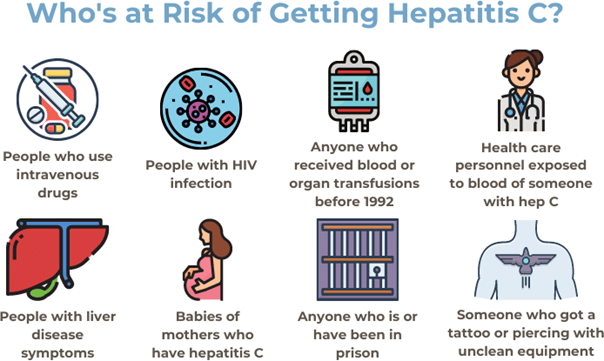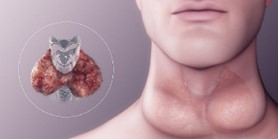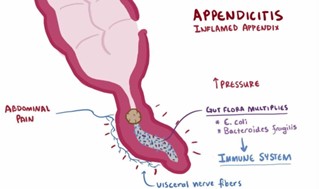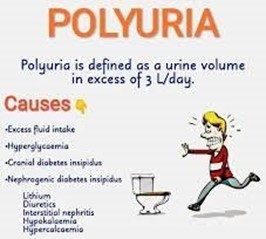Which information from a 70-year-old patient during a health history indicates to the nurse that the patient should be screened for hepatitis C?
The patient traveled to a country with poor sanitation.
The patient used IV drugs about 20 years ago.
The patient had a blood transfusion in 2005.
The patient frequently eats in fast-food restaurants.
The Correct Answer is B
Intravenous drug use is a significant risk factor for hepatitis C transmission. The other options are not necessarily related to hepatitis C transmission. However, having a blood transfusion before 1992 or receiving an organ transplant before 1992, having a history of receiving blood products or clotting factor concentrates before 1987, and having been born to a mother with hepatitis C are also considered significant risk factors for hepatitis C transmission.

Nursing Test Bank
Naxlex Comprehensive Predictor Exams
Related Questions
Correct Answer is D
Explanation
A decrease in the level of consciousness is a serious sign and could be an indication of worsening conditions. It is essential for the nurse to ensure that the patient's airway is open and clear, as a compromised airway can lead to hypoxia and a further decrease in consciousness. Therefore, maintaining a patent airway should be the nurse's priority action in this situation.
While monitoring blood pressure and restricting oral intake may be important interventions in certain situations, they are not the priority actions in this scenario. Administering SQ insulin may not be necessary for a patient with hypothyroidism and acute appendicitis.


Correct Answer is D
Explanation
Diabetes insipidus is a condition in which the body is unable to properly regulate fluid balance, leading to excessive urination (polyuria) and thirst. Therefore, the nurse should anticipate the clinical manifestation of polyuria in a patient admitted to the hospital with diabetes insipidus. The patient may excrete large amounts of dilute urine, which can lead to dehydration if adequate fluid replacement is not provided. The other options listed (fluid volume overload, decreased gas exchange, and generalized edema) are not typically associated with diabetes insipidus, as this condition is characterized by a deficiency of antidiuretic hormone (ADH) rather than an excess of fluid.

Whether you are a student looking to ace your exams or a practicing nurse seeking to enhance your expertise , our nursing education contents will empower you with the confidence and competence to make a difference in the lives of patients and become a respected leader in the healthcare field.
Visit Naxlex, invest in your future and unlock endless possibilities with our unparalleled nursing education contents today
Report Wrong Answer on the Current Question
Do you disagree with the answer? If yes, what is your expected answer? Explain.
Kindly be descriptive with the issue you are facing.
